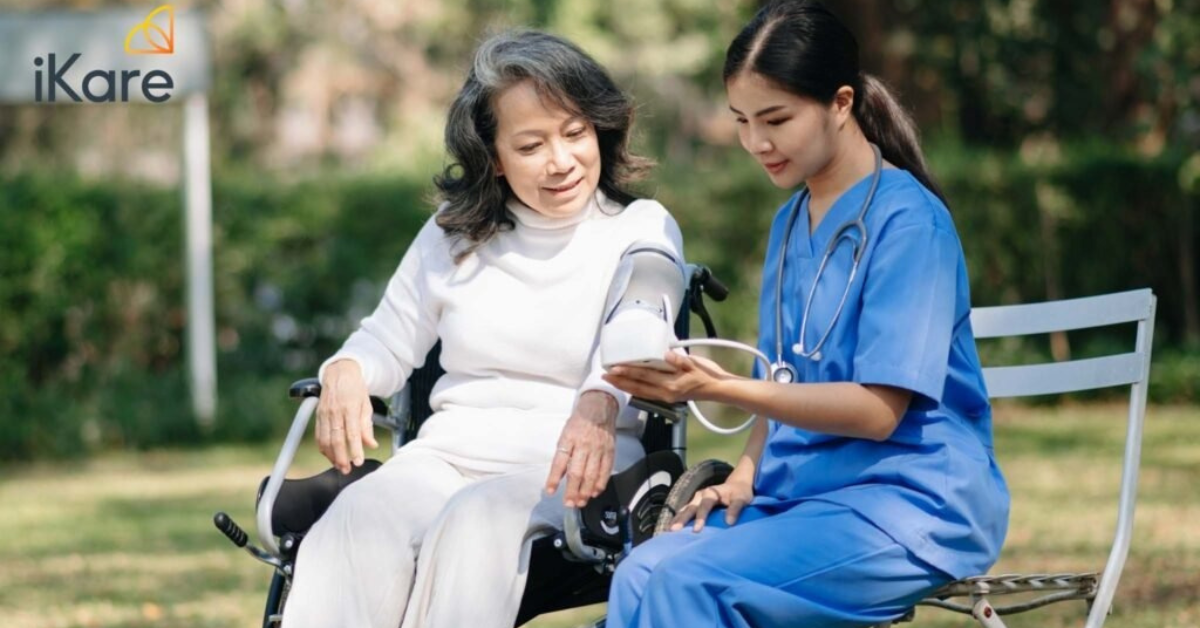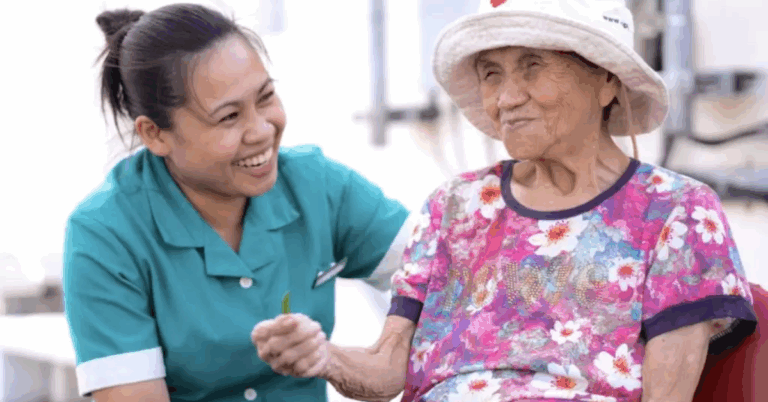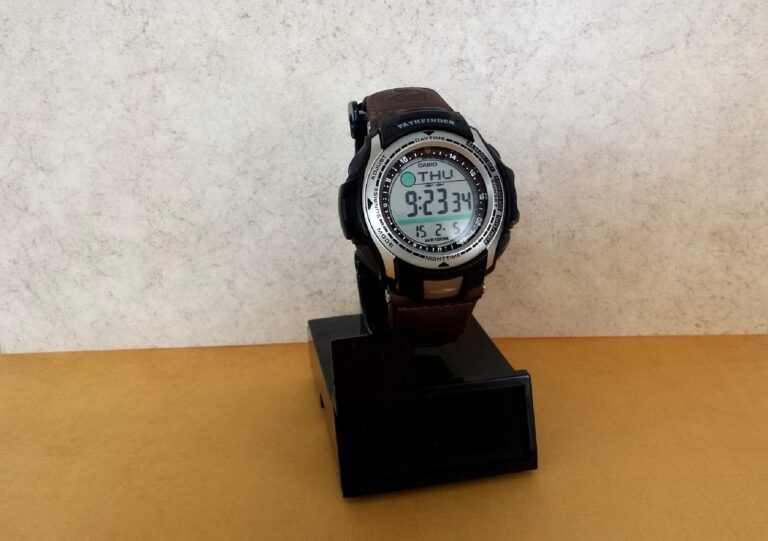Caregiver Training Singapore: Empowering Families and Professionals to Deliver Quality Care
As Singapore’s population continues to age rapidly, more families are taking on the role of caring for elderly loved ones. Many are managing complex conditions like dementia, stroke recovery, or chronic illnesses at home. Whether you’re a family member caring for an aging parent or a domestic helper supporting a senior, caregiver training in Singapore has become an essential resource. It equips caregivers with the knowledge, practical skills, and emotional resilience needed to provide safe and effective care—improving the quality of life for both caregiver and care recipient. In this guide, we’ll explore the types of Caregiver Training Singapore, what courses typically include, who should attend, and how to access subsidies to offset the cost.
What Is Caregiver Training?
Caregiver training refers to formal education and hands-on instruction provided to individuals responsible for assisting someone with daily living activities, medical needs, or long-term care. Training is tailored to equip non-professionals—such as family members or foreign domestic workers—with the necessary competencies to deliver home-based care. Courses cover everything from personal hygiene and mobility assistance to medication management and responding to emergencies. In Singapore, caregiver training programs are offered by hospitals, community care providers, eldercare centres, and home care agencies.
Who Needs Caregiver Training?
Caregiver training is beneficial for a wide range of individuals, including:
-
Family members caring for elderly parents, spouses, or relatives with chronic or terminal illnesses
-
Foreign domestic workers (FDWs) supporting seniors with mobility issues, dementia, or special care needs
-
New caregivers who have never provided personal care before
-
Volunteers or individuals planning to pursue eldercare work or caregiving as a career
-
Primary caregivers preparing for hospital discharge of a loved one who needs care at home
Whether part-time or full-time, professional or informal, anyone responsible for supporting an elderly or disabled individual can benefit from structured training.
Common Topics Covered in Caregiver Training Courses
Most caregiver training programs in Singapore are structured to cover both theory and practice. Common areas of focus include:
1. Basic Nursing Care Skills
-
Feeding and hydration support
-
Bathing, toileting, and grooming
-
Transferring and positioning the care recipient safely
-
Pressure sore prevention and skin care
-
Monitoring temperature, blood pressure, and heart rate
2. Mobility and Fall Prevention
-
Safe use of wheelchairs, walkers, and transfer boards
-
Assisting with walking or stair climbing
-
Recognizing fall risks and modifying the home environment
3. Dementia and Mental Health Care
-
Understanding dementia and Alzheimer’s disease
-
Managing confusion, wandering, and aggression
-
Communication techniques with memory-impaired individuals
-
Recognizing signs of depression or emotional distress
4. Medication Management
-
Understanding medication types and purposes
-
Administering oral medications and insulin (if applicable)
-
Recognizing side effects or allergic reactions
5. Infection Control and Hygiene
-
Hand hygiene and personal protective equipment (PPE) use
-
Cleaning wounds and maintaining catheter hygiene
-
Preventing common infections in elderly patients
6. Emergency Response and First Aid
-
Performing CPR and the Heimlich maneuver
-
Managing choking, falls, fainting, and seizures
-
Knowing when to call for medical help
7. Communication and Emotional Support
-
Communicating with non-verbal or confused patients
-
Handling caregiver stress and emotional fatigue
-
Providing companionship and emotional presence
Courses may be customized based on the condition of the care recipient—for example, post-stroke care, cancer care, or palliative care.
Types of Caregiver Training in Singapore
1. Basic Caregiver Training
This is typically a short course (1 to 2 days) designed for first-time caregivers. It provides an overview of essential care tasks and safety measures.
2. Condition-Specific Training
Targeted programs for conditions such as dementia, Parkinson’s disease, stroke recovery, or diabetes. These courses dive deeper into behavior management, monitoring, and care techniques.
3. FDW (Maid) Caregiver Courses
These are tailored for foreign domestic workers who are supporting elderly or disabled employers. Many agencies require FDWs to attend caregiver training before deployment.
4. Advanced or Professional Caregiver Training
Longer programs for those pursuing caregiving as a career. These may include certification and on-the-job assessments and are often aligned with Workforce Skills Qualifications (WSQ) standards.
5. Hospital-Based Training
Many hospitals in Singapore offer discharge caregiver training. These sessions are specific to the patient’s condition and teach family members how to manage care after returning home.
Where to Get Caregiver Training in Singapore
Caregiver training is offered by multiple recognized institutions and community partners. Some notable providers include:
-
Agency for Integrated Care (AIC) – Offers subsidized courses through Caregiver Training Grant
-
St Luke’s ElderCare – Offers a variety of practical training programs
-
NTUC Health – Runs both basic and advanced training programs for family and FDW caregivers
-
Tsao Foundation – Provides training focused on community and eldercare wellness
-
Singapore Red Cross Academy – Offers caregiver training with a focus on health and first aid
-
Ren Ci Hospital, Tan Tock Seng Hospital, and Khoo Teck Puat Hospital – Provide hospital discharge caregiver training
iKare Home also partners with accredited training providers to deliver in-home training sessions for families needing personalized guidance in the caregiving environment.
Cost of Caregiver Training in Singapore
Training fees vary depending on the provider, duration, and course type. Below is a general guide:
| Course Type | Estimated Cost |
|---|---|
| Basic Caregiver Training (1–2 days) | $60 – $250 |
| Advanced/WSQ Certification | $300 – $1,000+ |
| FDW Training Program | $200 – $500 |
| Condition-Specific Course | $100 – $400 |
| Hospital Discharge Training | Often Free or Subsidized |
Families are encouraged to use available financial support schemes to make training more affordable.
Caregiver Training Grant (CTG)
Administered by the Agency for Integrated Care (AIC), the Caregiver Training Grant provides $200 per year per care recipient to support caregivers in attending approved courses.
Eligibility:
-
Care recipient must be a Singapore citizen or PR
-
Requires assistance with at least one Activity of Daily Living (ADL)
-
Caregiver must be unpaid (e.g., family member) or an FDW
How to Apply:
-
Choose an AIC-approved training provider
-
Submit the application before the course starts
-
Pay the subsidized fee directly to the provider
CTG can be used multiple times throughout the year, as long as it does not exceed the annual cap.
Benefits of Caregiver Training
1. Increased Confidence: Learn the right techniques and tools to handle care situations safely and effectively.
2. Better Care Outcomes: Proper training reduces the risk of injury, infection, and care-related stress for both the caregiver and the patient.
3. Early Problem Detection: Trained caregivers are more likely to spot warning signs of health deterioration.
4. Improved Communication: Learn how to engage with dementia patients or those with speech difficulties.
5. Emotional Preparedness: Training helps caregivers manage stress, grief, and burnout.
6. Eligibility for Employment: For those considering caregiving as a profession, formal training is a stepping stone toward job readiness.
iKare Home: Supporting Caregivers Through Education
At iKare Home, we believe every caregiver deserves the right training and support. We offer personalized in-home caregiver training in Singapore, conducted by qualified nurses and eldercare professionals. Our programs are tailored to your loved one’s condition—whether it’s dementia, stroke, mobility issues, or terminal illness. We also provide practical caregiver coaching for families preparing for post-discharge care. For foreign domestic workers, we offer care skill development that aligns with your household’s expectations. Our team helps you apply for the Caregiver Training Grant and guides you on next steps in your care journey.
Frequently Asked Questions (FAQ)
Do I need experience to attend caregiver training in Singapore?
No prior experience is needed. Most courses are designed for beginners or family members with no formal healthcare background.
Can I claim subsidies for caregiver training?
Yes. If you meet the eligibility criteria, you can claim up to $200 per year under the Caregiver Training Grant (CTG).
Can training be done at home?
Yes. Some providers, including iKare Home, offer in-home caregiver training so you can learn directly in your caregiving environment.
How long does caregiver training take?
Basic courses last 1 to 2 days, while advanced or condition-specific courses may take several days or weeks.
Is training compulsory for domestic helpers caring for the elderly?
It’s not legally required, but highly recommended. Many employers include caregiver training as part of their helper’s orientation.
Final Thoughts
Whether you are a spouse, adult child, or helper, becoming a caregiver can be both fulfilling and overwhelming. The right training is not just a formality—it’s a foundation for delivering care with confidence, compassion, and competence. With Singapore’s support network of accredited training programs, subsidies, and community resources, caregiver education is more accessible than ever. At iKare Home, we stand beside you, providing tailored caregiver training and guidance every step of the way. Contact us to learn more about how we can empower you to care better and live well.







